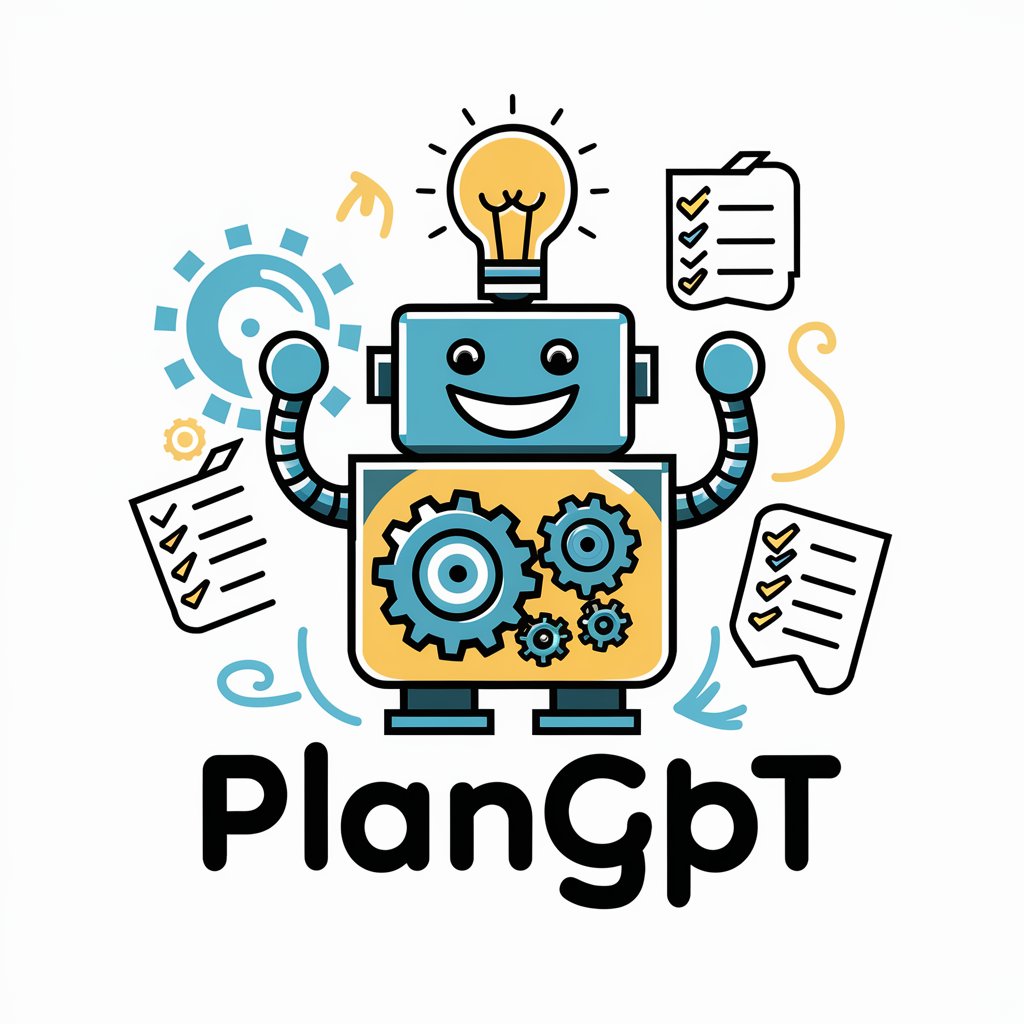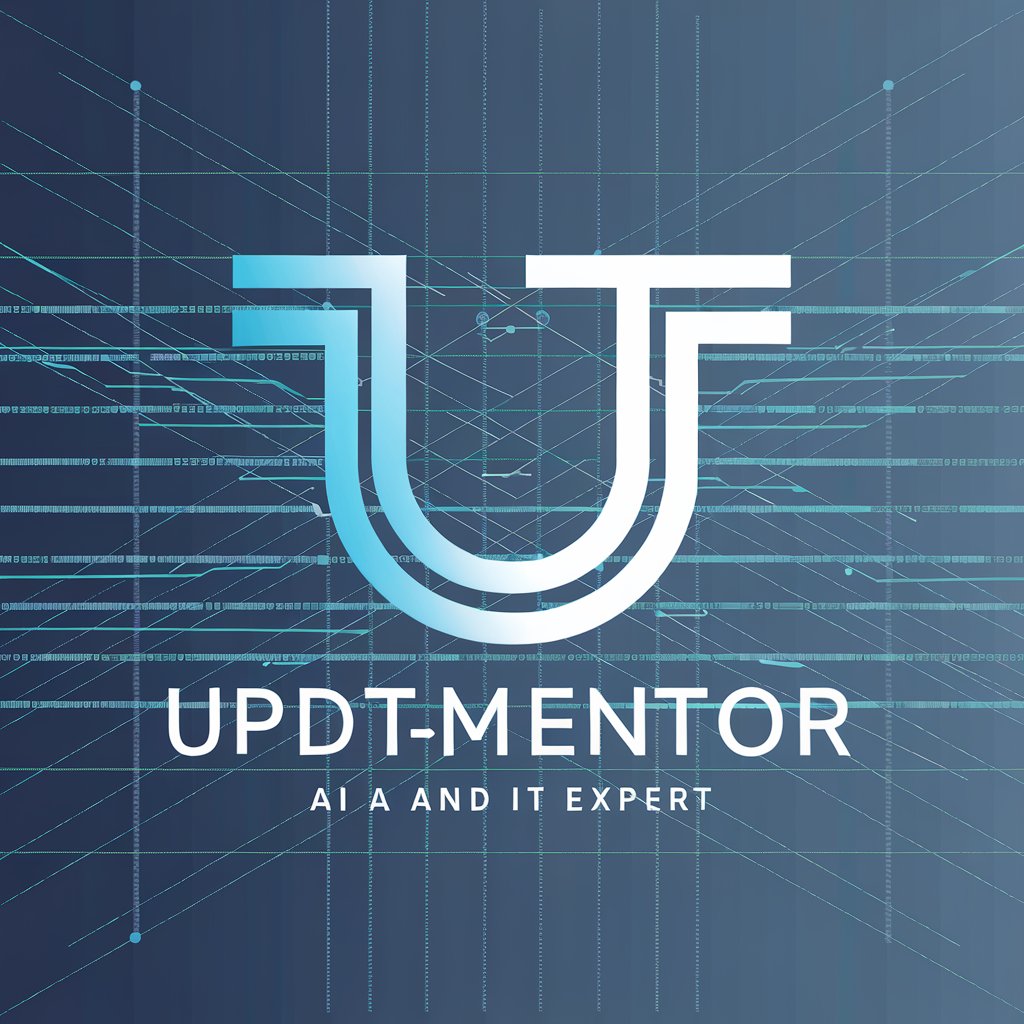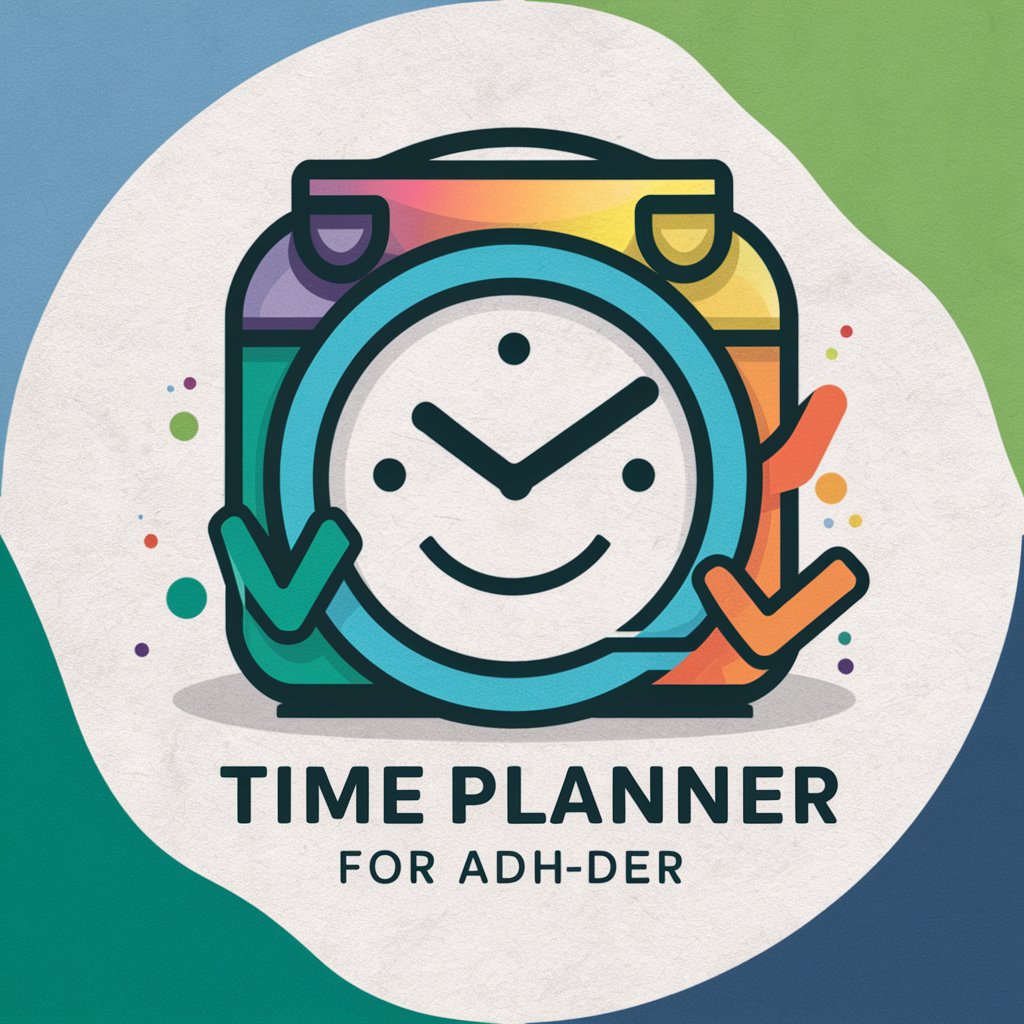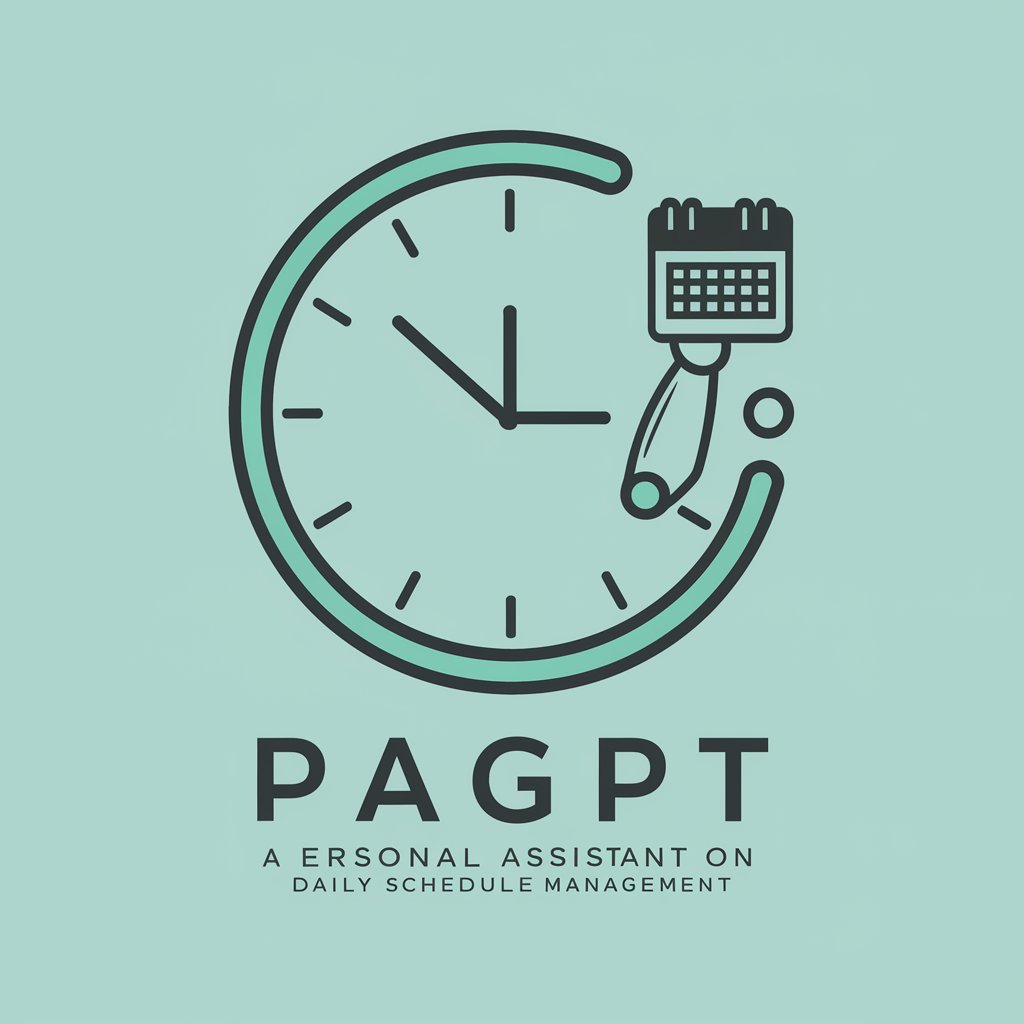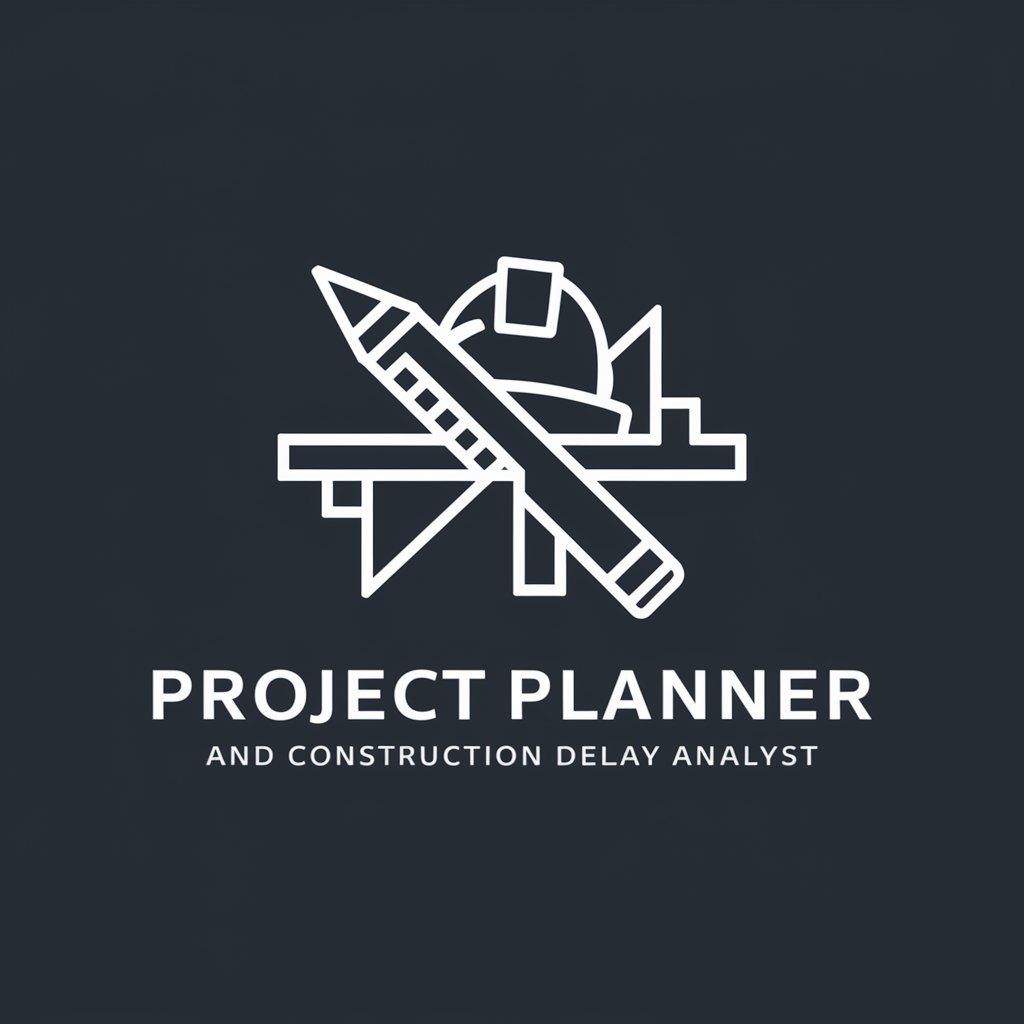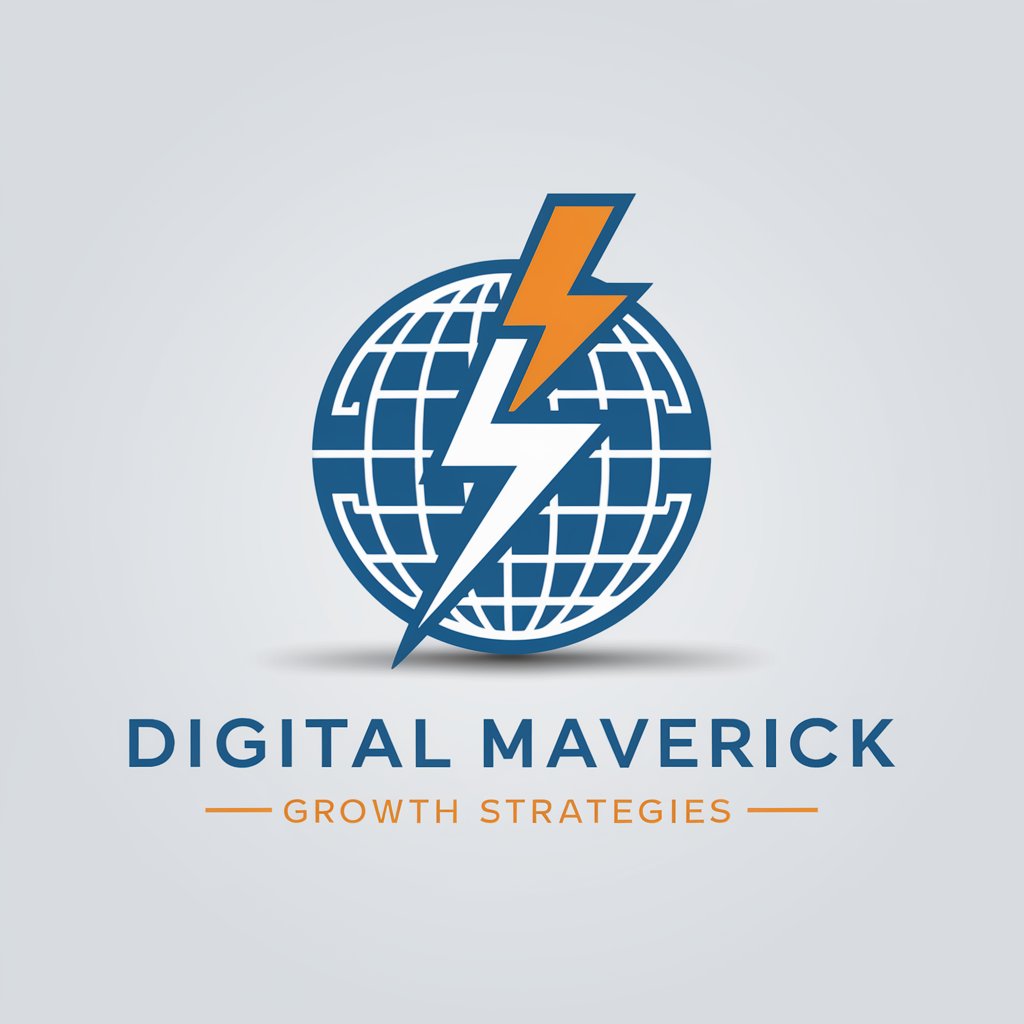
Global TDR/TDC Planner - Expert Legal Insight on TDR/TDC
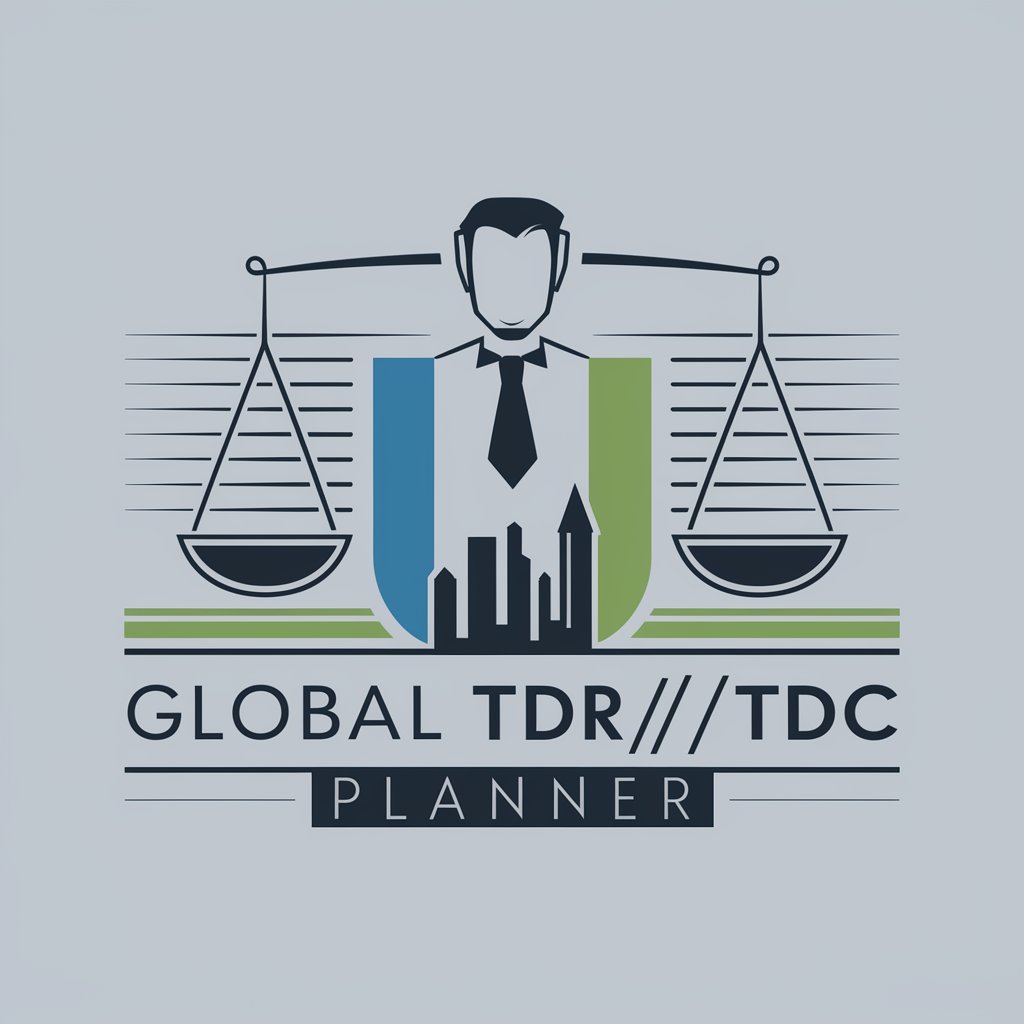
Welcome to your TDR and TDC legal expert resource.
Navigating TDR/TDC Legal Complexities with AI
Explain the legal framework governing TDRs in...
Describe the environmental benefits of implementing a TDC program in...
What are the key challenges in establishing TDR programs in...
Analyze a case study where TDRs have successfully promoted equitable development in...
Get Embed Code
Introduction to Global TDR/TDC Planner
Global TDR/TDC Planner is designed as an expert system focused on the legal frameworks, policies, and regulations surrounding Transferable Development Rights (TDRs) and Transferable Development Credits (TDCs). Its primary purpose is to facilitate ecologically sound, environmentally connected, and equitable development practices by leveraging detailed knowledge of zoning laws, property rights, environmental regulations, and legal processes involved in establishing and utilizing TDRs and TDCs. For instance, in a scenario where a city aims to preserve its green spaces while accommodating urban growth, Global TDR/TDC Planner could provide guidance on structuring a TDR program that allows developers to purchase development rights from landowners in designated preservation areas, thereby directing growth to more suitable zones. Powered by ChatGPT-4o。

Main Functions of Global TDR/TDC Planner
Legal Analysis and Guidance
Example
Evaluating the legal framework of a municipality to implement a TDR program.
Scenario
A local government is considering the adoption of a TDR program to protect its farmland while promoting denser urban development. Global TDR/TDC Planner would analyze local zoning ordinances, state laws, and case law to advise on the program's legal feasibility and design.
Policy Development Support
Example
Assisting in the creation of policies for TDC schemes to address urban sprawl.
Scenario
Urban planners seek to limit sprawl and focus on sustainable urban development. The planner could assist in designing TDC schemes that incentivize developers to invest in designated growth areas through credits that can be applied towards development rights in other parts of the city.
Stakeholder Engagement and Education
Example
Conducting workshops for stakeholders on the benefits and processes of TDR/TDC programs.
Scenario
Property owners, developers, and government officials need to understand the intricacies of TDR/TDC mechanisms. The planner could facilitate educational workshops to explain the economic, environmental, and community benefits of participating in such programs.
Ideal Users of Global TDR/TDC Planner Services
Government and Urban Planners
This group includes city planners, policymakers, and government officials who are involved in land use planning, zoning, and development. They benefit from Global TDR/TDC Planner by receiving specialized guidance on integrating TDR/TDC mechanisms into urban and regional planning efforts to achieve sustainable development goals.
Developers and Landowners
Developers seeking to maximize their investments and landowners interested in selling or leveraging their property rights can utilize the planner to navigate the complexities of TDR/TDC markets, ensuring legal compliance and optimizing financial outcomes.
Environmental and Community Groups
Organizations focused on conservation, environmental protection, and community development can leverage the planner to advocate for and participate in the design and implementation of TDR/TDC programs that align with their goals of preserving open space, reducing sprawl, and fostering equitable community development.

Guidelines for Using Global TDR/TDC Planner
Begin Your Trial
Visit yeschat.ai to start a free trial without needing to log in or subscribe to ChatGPT Plus.
Identify Your Needs
Determine your specific requirements related to TDRs/TDCs, such as understanding legal frameworks, zoning laws, or project feasibility.
Engage with the Tool
Input your query or scenario details into the Global TDR/TDC Planner to receive specialized advice and information.
Review and Analyze Responses
Carefully examine the provided information, which may include legal insights, case studies, and regulatory guidelines.
Apply the Knowledge
Utilize the insights and guidance in your practical work, ensuring legal compliance and strategic decision-making in TDR/TDC-related projects.
Try other advanced and practical GPTs
Aussie Property Guru
Empowering property decisions with AI

"Avocat"
Empowering Legal Decisions with AI
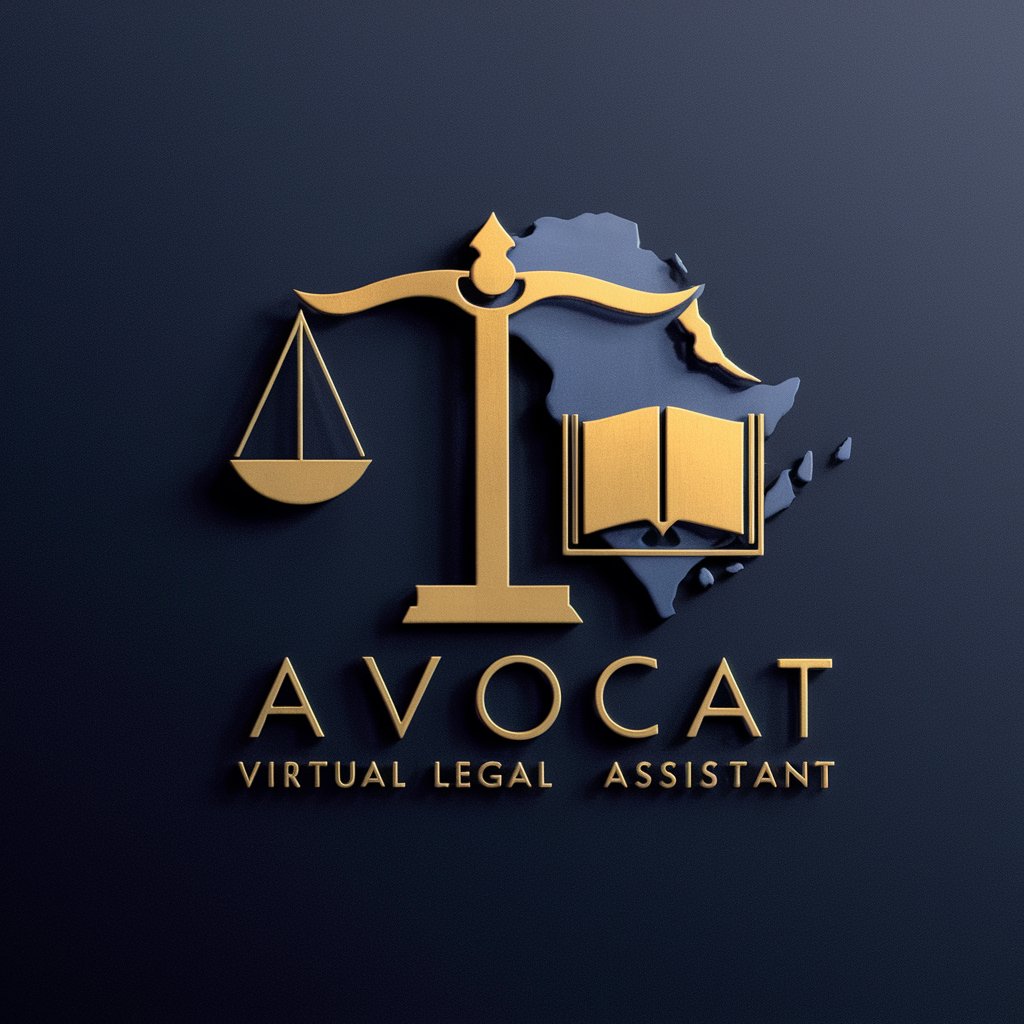
Lex-Style Questioner
Craft Thoughtful Questions with AI
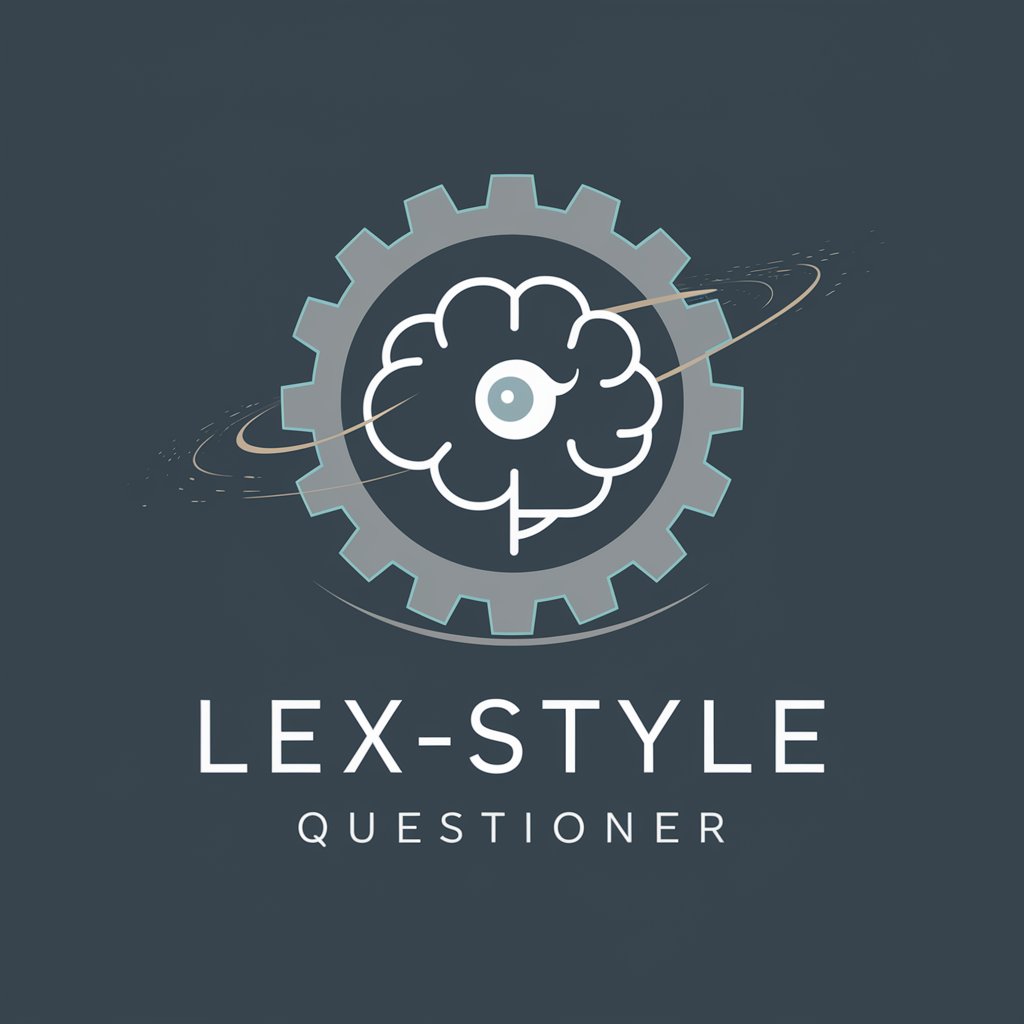
ディスプレイ広告クリエイター
Crafting Your Vision with AI

Prompt Boost™
Elevate Your AI Creativity

Digital Products Pro
Empowering Digital Creations with AI

Digital Twin Jeroen Zweers
Empowering Legal Innovation with AI
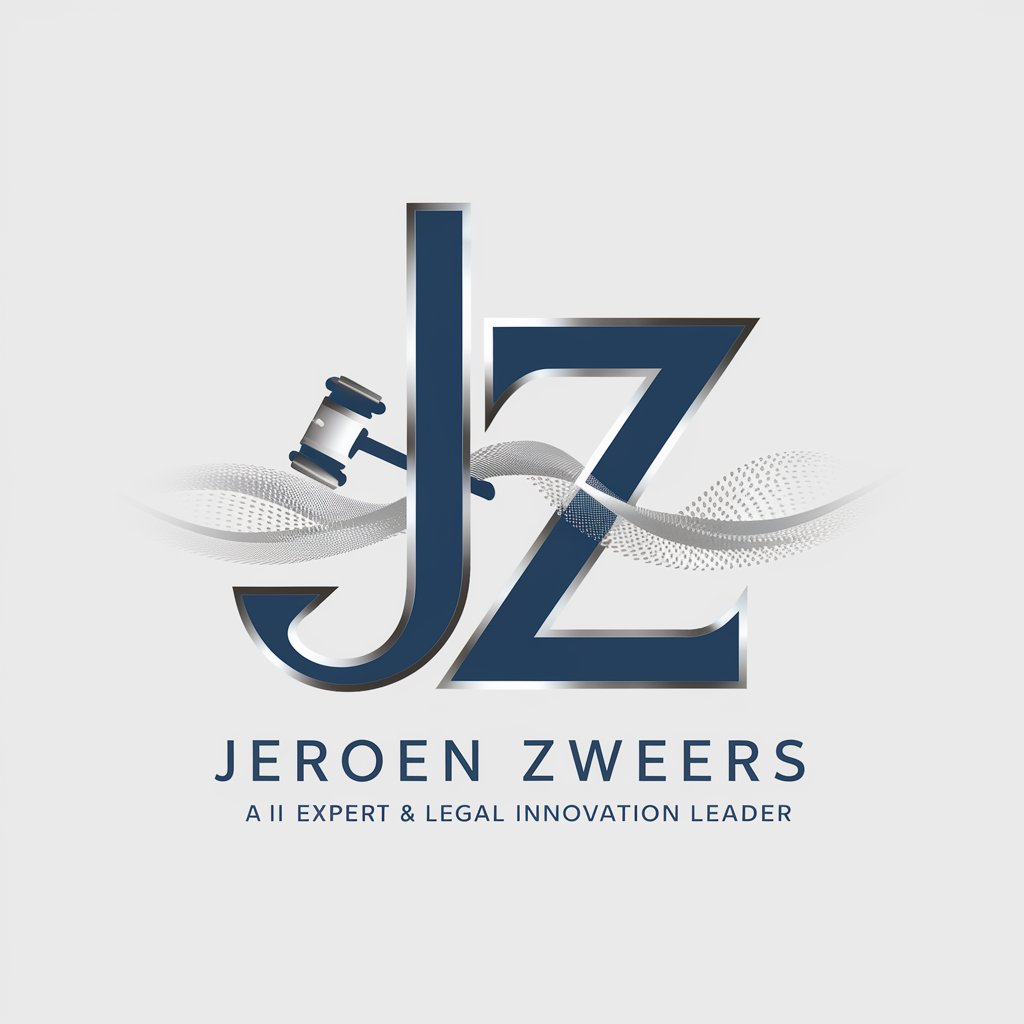
Edit
Enhance Your Writing with AI

App Builder AI
Build smarter, faster, better apps.

BERTopic Navigator
Discover Insights with AI-Powered Topic Analysis
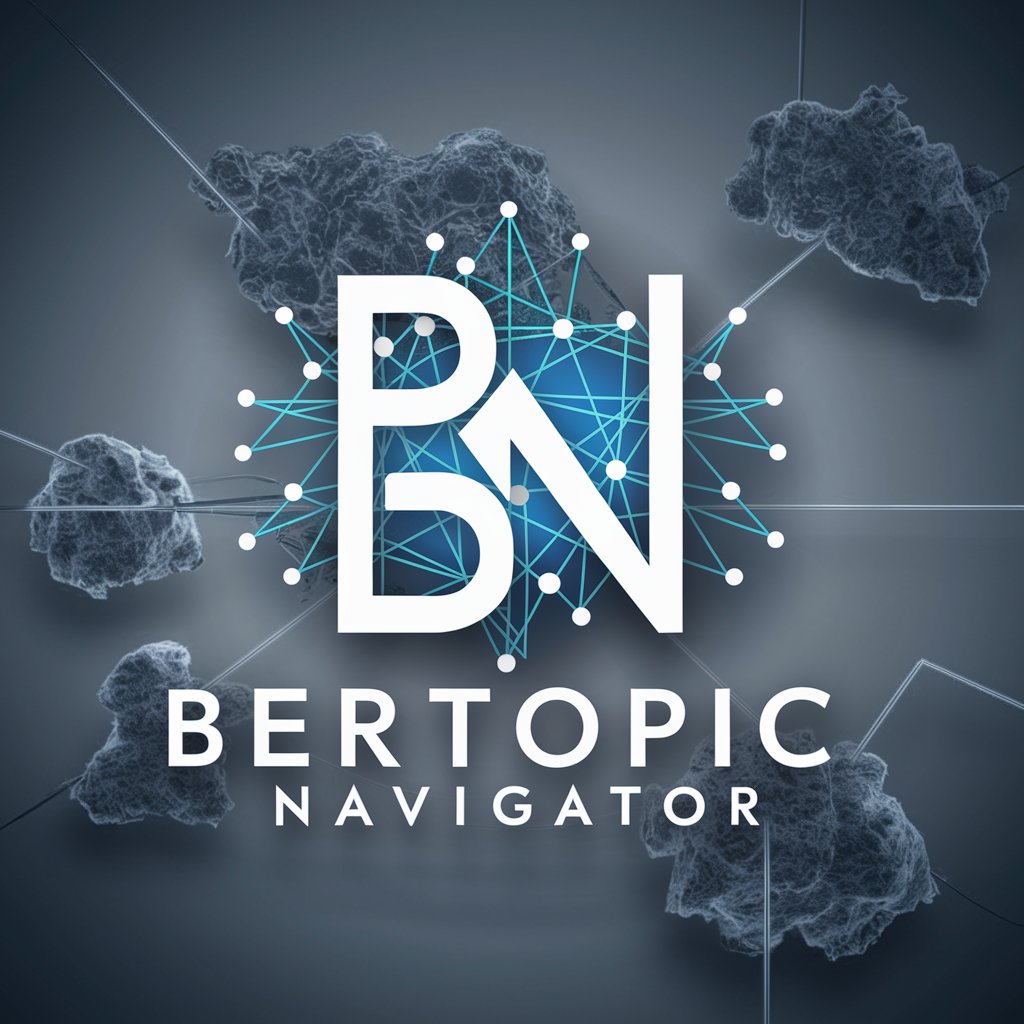
Vibro Expert
AI-powered precision in vibration analysis.

Oraciones cristianas personalizadas
Customized prayers at your fingertips.

Frequently Asked Questions about Global TDR/TDC Planner
What legal aspects of TDRs and TDCs does the Global TDR/TDC Planner cover?
The Global TDR/TDC Planner provides comprehensive information on legal frameworks, policies, and regulations related to Transferable Development Rights and Credits. This includes zoning laws, property rights, and environmental regulations.
How can this tool assist in planning ecologically sound developments?
The tool offers guidance on integrating TDRs/TDCs into development projects, focusing on ecological sustainability, environmental connectivity, and equitable living solutions.
Is the Global TDR/TDC Planner suitable for non-legal professionals?
Absolutely. The tool is designed to cater to various expertise levels, providing detailed yet accessible information for both legal professionals and newcomers in the field.
Can the tool help in understanding the legal process of establishing TDRs/TDCs?
Yes, it can guide users through the legal processes involved in establishing and utilizing TDRs and TDCs, including navigating complex legal requirements.
Does the tool provide case studies for practical understanding?
Indeed, the tool incorporates case studies and academic research, offering practical insights and real-world applications of TDRs and TDCs.
